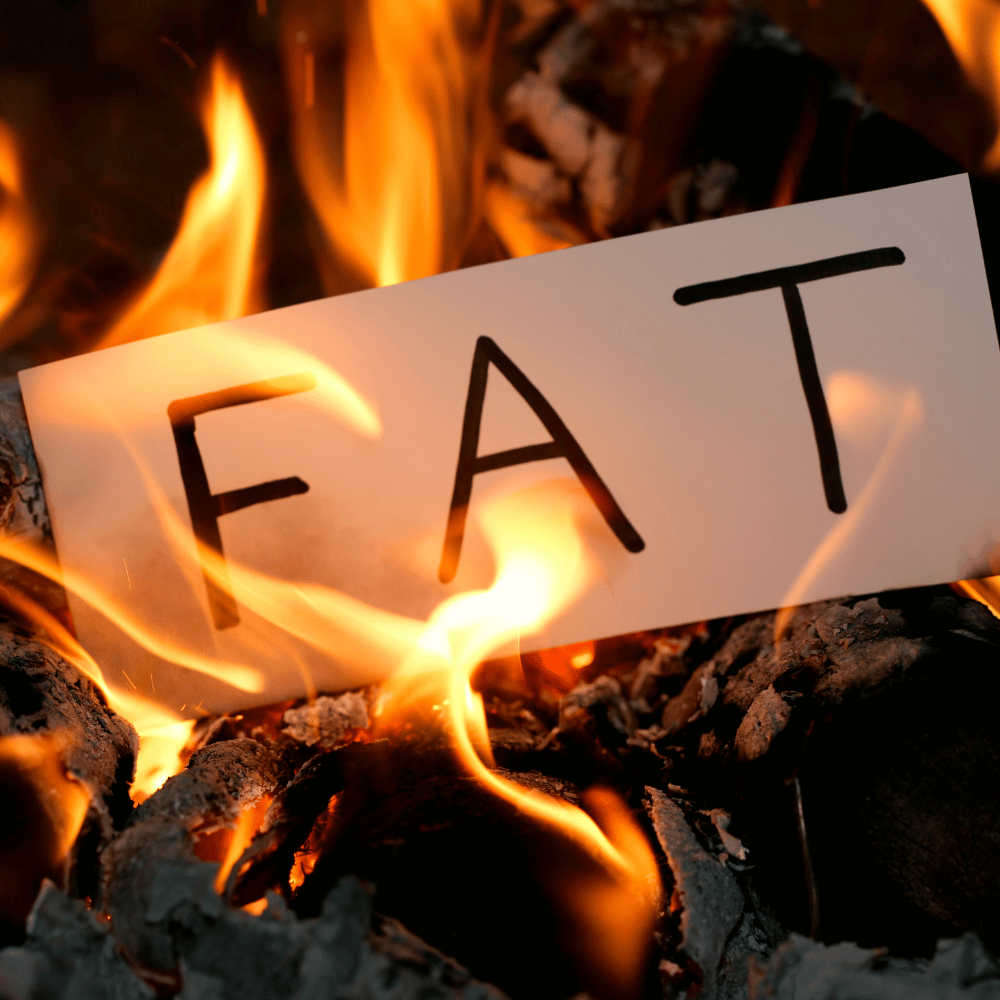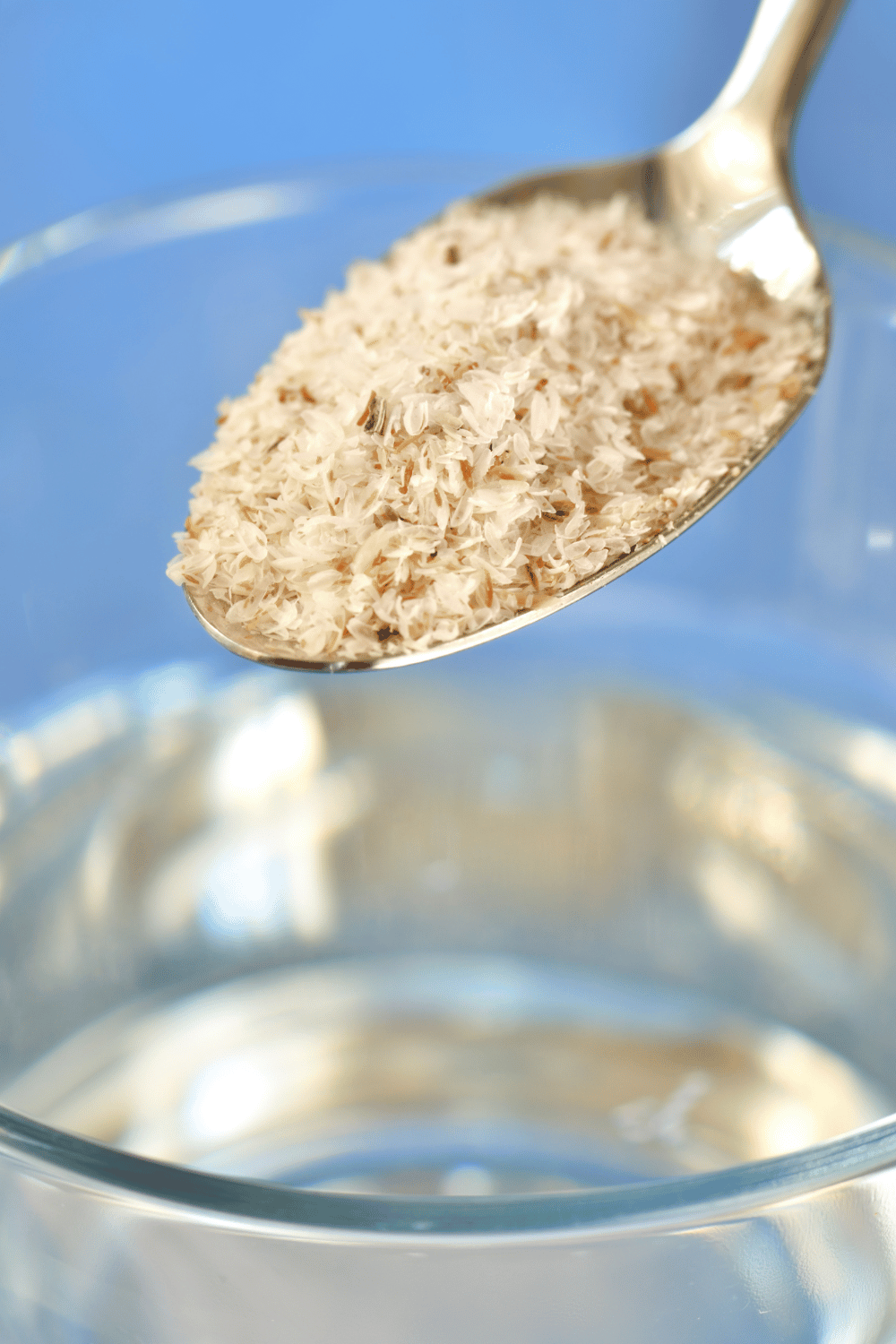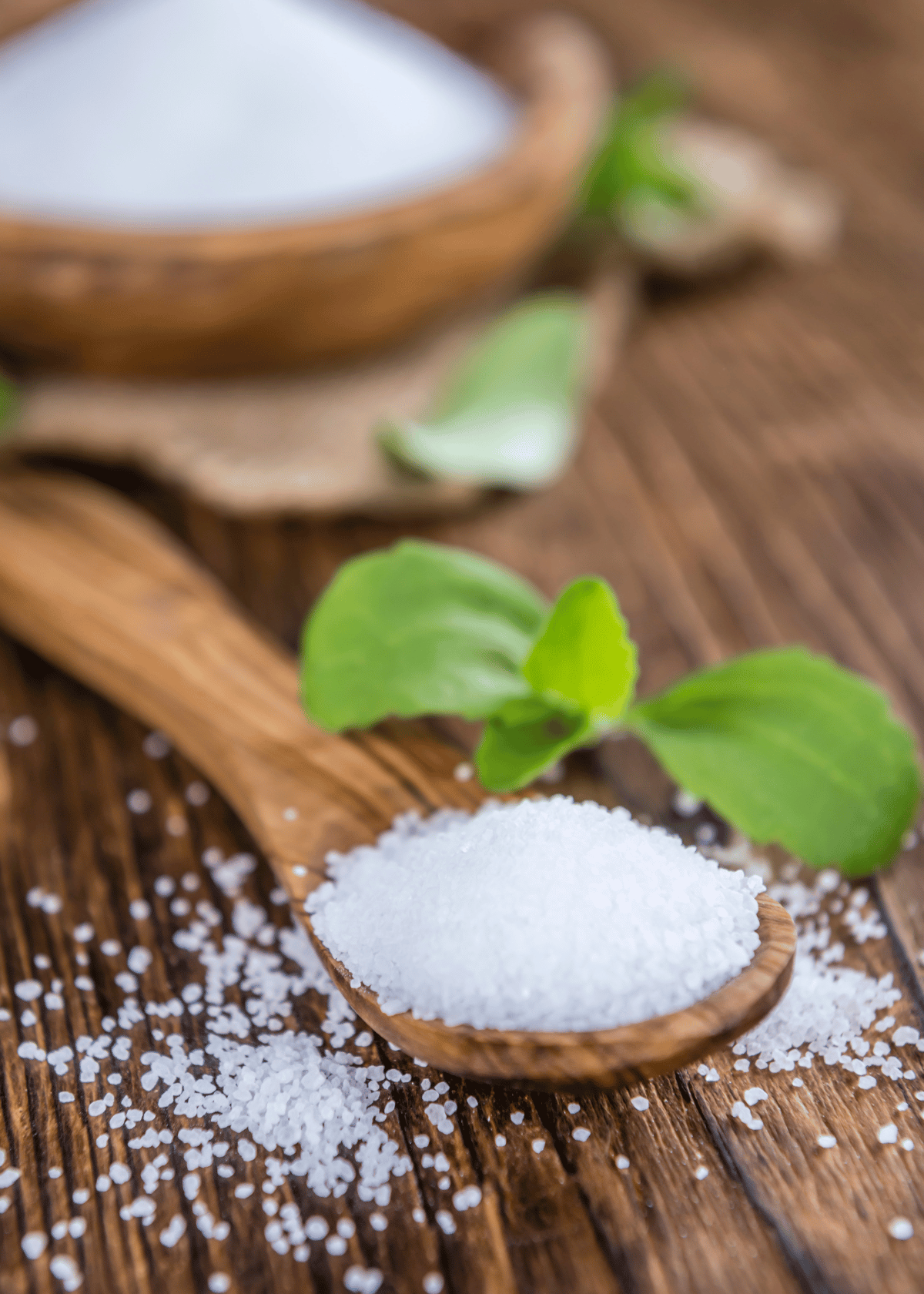Intermittent fasting has become increasingly popular in the last couple of years. It's a widely used dieting strategy that involves alternating periods of eating and fasting. Since it helps to lose weight, many people are curious if they can drink fiber during their fasting period. In this blog post, we will explore the potential benefits and drawbacks of drinking fiber while intermittent fasting.
How Much Metamucil (Psyllium Husk) Can I Take Without Breaking My Fast?
When it comes to breaking an intermittent fast, there is no definitive answer as to how much Metamucil (Psyllium Husk) can be taken without changing the effects of the fast. Dietary fiber has short-chain carbohydrates and therefore can provide energy and sometimes break the fast; however, the amount that would need to be consumed would vary depending on individual needs.
Metamucil is a dietary supplement that contains psyllium husk which is a type of soluble fiber found in plants such as wheat, oats, and barley. It passes through your digestive system undigested and has been shown to help reduce cholesterol levels when taken regularly. Additionally, it helps promote regularity by absorbing water in your intestine which makes bowel movements easier for people suffering from constipation or Irritable Bowel Syndrome (IBS).
So what’s important to note about consuming Metamucil during an intermittent fast? Psyllium husk is broken down slowly by your body so you won’t likely experience a rapid increase in blood sugar or insulin levels like with other carbohydrates due to its low glycemic index rating. This means that it does not stimulate hunger or cause feelings of fullness like other forms of dietary fiber do; however, if you are taking large amounts of Metamucil then this could potentially break your fasting period depending on where you are at in terms of fasting duration when consumption begins. Additionally, some researchers suggest that a fiber supplement such as Metamucil may contribute towards weight loss while in a calorie-restricted state due to its ability to absorb water which results in increased fecal volume promoting bowel regularity – so keep this additional benefit in mind if considering consuming more than usual during an intermittent fast!
Fiber Benefits During Intermittent Fasting
Intermittent fasting has become increasingly popular as a way to reduce caloric intake and improve overall health. As with any diet, it is important to consider the benefits and risks of intermittent fasting, which can be further enhanced by adding fiber into your routine. In particular, psyllium husk fiber supplements can provide numerous benefits for those following an intermittent fasting regime.
Fiber intake can help slow down digestion, allowing for more gradual absorption of nutrients into the body during your eating window when practicing intermittent fasting. By slowing digestion, it is easier to optimize blood sugar levels since glucose won’t spike too high or dip too low each time meals are consumed. Psyllium husk specifically has been shown in multiple studies to have positive effects on metabolic health when incorporated into one’s diet plan including lower cholesterol, better gut health, and improved glycemic control. This type of dietary supplement can also provide an extra source of dietary fiber when you are trying to limit caloric intake during periodic fasts, making sure that your body gets all the necessary vitamins and minerals while still maintaining a healthy weight loss regimen as desired.



Potential Drawbacks of Consuming Fiber During Intermittent Fasting
When it comes to the potential drawbacks of consuming fiber during intermittent fasting, it is important to consider both the intended and unintended consequences. On one hand, dieters may look at adding dietary fiber supplements as a way to add more nutrient density and satiety while fasting. On the other hand, disrupting your gut health or triggering an irritable bowel syndrome (IBS) flare-up can be an unwanted side effect of adding too much fiber too fast.
The primary concern when considering adding fiber during intermittent fasting is doing so in a safe way that doesn't lead to digestive distress or upset. Eating a high-fiber diet may be beneficial for preserving gut health and promoting satiety; however, consuming large amounts of dietary fiber suddenly may cause bloating, gas, and diarrhea - especially if one already has IBS. Research also suggests that some types of fibers such as insoluble forms like cellulose could aggravate symptoms in those prone to IBS due mainly to its difficultly digesting nature which can contribute to extra fermentation by bacteria living in our intestines.
Many individuals use various forms of supplemental dietary fibers without any issues when done correctly; this includes soluble fibers such as psyllium husk/powder or resistant starch from cooked & cooled potatoes/rice among many other sources. For example with psyllium husk/powder you want to start with small amounts say 1 tsp once per day for several days before potentially increasing your dosage over time based on how well your body adapts and tolerates it - better yet consult with your doctor about what amount would be appropriate for you specifically.



Summary: Fiber Fasting and the Human Body
Drinking fiber during intermittent fasting can provide numerous benefits such as improved gut health and lower blood sugar levels. However, consuming too much can break a fast as fibre supplements such as Metamicil are made of short-chain carbohydrates. It's also important to remember that these dietary supplements don't always provide all the essential nutrients needed for optimal health so it's best to use them with caution and stick to the recommended dosage guidelines outlined by your physician or nutritionist. Additionally, taking too much fiber too quickly could lead to unpleasant side effects such as bloating or gas.
Related Pages:
- Picking The Best Coffee Creamer for Intermittent Fasting
- Choosing The Best Coffee Creamer For Weight Loss
- The Case for Healthy Coffee Creamer
- Does Oat Milk Break a Fast?
- Does Stevia Break a Fast?
- Does Coffee with Creamer Break a Fast?
- Can You Drink Coconut Water While Fasting?
- What's Difference between Dirty Fasting vs Clean Fasting?
- Does Coffee with Cream Break a Fast?
- Does Truvia Break a Fast?
- Does Collagen Break a Fast?
- Intermittent Fasting for Night Shift Workers: The Lowdown
- What is Intermittent Fasting 20:4?
- The Benefits of Carb Cycling and Intermittent Fasting
- Does Chewing Gum Break your Intermittent Fast if it's Sugarfree?







